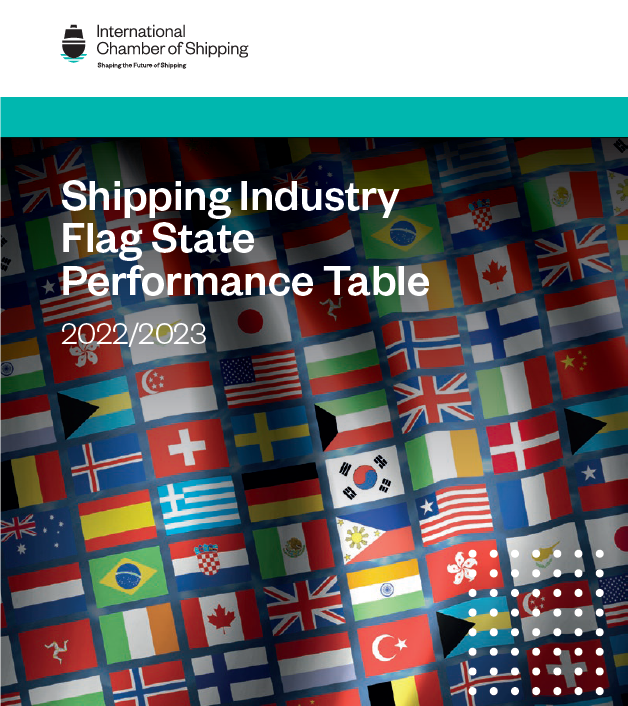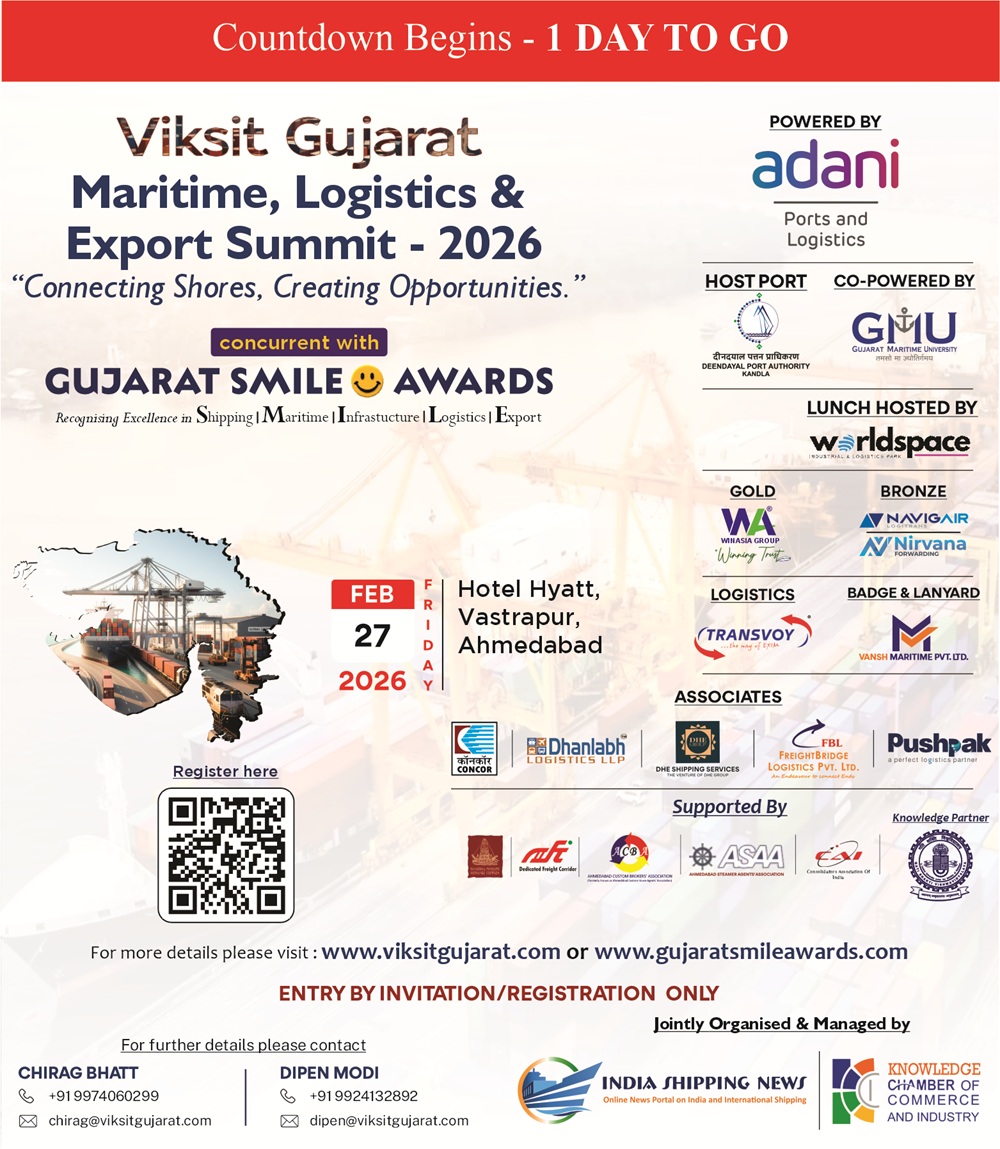
ICS publishes annual Shipping Industry Flag State Performance Table
LONDON : The annual Shipping Industry Flag State Performance Table, published recently from the International Chamber of Shipping (ICS), highlights a 25% increase in flag states reporting on seafarer labour standards compared to last year.
Each year flag states must report on labour standards as part of their ILO audit commitments. Some of the labour standards specific to seafarers include repatriation of seafarers, accommodation provision, health protection and medical care. This year 67.6% of flag states reported on their ILO audit commitments, an increase of 25% on the previous year where only 42.9% of reports were submitted, representing a growing awareness on the importance of this area of reporting.
The Shipping Industry Flag State Performance Table brings together data regarding the performance of flag States against specific criteria, including Port State Control (PSC) records, ratification of international conventions and IMO meeting attendance. The flag state of a merchant ship is the jurisdiction under whose laws the ship is registered or licensed and is deemed the nationality of the vessel. The Table is intended to encourage shipowners to maintain a dialogue with their flag States, and help facilitate necessary improvements in the interests of safety, the environment and decent working conditions. It also encourages shipowners and operators to examine whether a flag State has sufficient substance before using it.
Continuing to increase the levels of reporting on labour standards is vital to maintain seafarer welfare. As the shipping industry moves towards further digitalisation and a green transition, there will be changes to the way seafarers work. Through increases in and improvements to reporting, the industry can identify how working conditions can continue to be safe for the world’s seafarers.
Guy Platten, ICS Secretary General, said:
“It is promising to see such a large increase in reporting on ILO labour standards. Seafarers are a vital cog in the supply chain, making the movement of 90% of global trade possible. Their welfare should be a top priority and by increasing reporting we can identify what we must do to improve standards.
“As new technologies are introduced on board ships, we must make sure innovation does not come at the cost of safety. By continuing to report on labour standards we can improve working conditions for our seafarers, equip them with the appropriate skills they need to carry out their jobs, and ensure a just transition for all.”
The Table also reports that a record number of flag administrations (49) have achieved full qualification status this year under the US Coast Guards Qualship21 programme. The initiative seeks to reward those companies, operators, and vessels that demonstrate the highest commitment to quality and safety through the highest level of compliance with International standards and United States laws and regulation.
As in previous years, a number of flag states have achieved all green/positive indicators in the ICS Flag State Performance Table 2022/2023. These include Bahamas, Bermuda, Cayman Islands, Denmark, France, Germany, Greece, Isle of Man, Italy, Japan, Liberia, Malta, Marshall Islands, Netherlands, Norway, Panama, Singapore, United Kingdom.
Among the top 10 largest ship register (by deadweight tonnage), covering over 79% of the world’s merchant fleet, only two have one negative indicator, while the remaining eight have all positive indicators. Of those flag states which are the lowest performing, a single flag state (Togo) is featured on the Black/Target Lists for all three of the Port State Control (PSC) Regimes assessed (Paris MOU, Tokyo MOU and USCG Annual Report).
To view the Flag State Performance Table, please click here.
About ICS
The International Chamber of Shipping (ICS) is the principal international trade association for merchant shipowners and operators, representing all sectors and trades and over 80% of the world merchant fleet – www.ics-shipping.org.
Explaining the Performance Indicators
Given the nature of the performance indicators used by ICS, whether or not a flag State is missing one or two green squares on the Table should not be viewed as a serious concern. As such, a flag with a solid row of ‘green squares’ should not necessarily be viewed as superior to another that is missing one or two ‘green squares’, for which there may be good reason. For example, a flag State may not have ratified a particular IMO or ILO instrument due to a conflict with its national law while nevertheless implementing the Convention’s main requirements. Another example for why a flag may be lacking one or two positive indicators could apply to port State control, especially if it has had too few port calls to gain a place in the ‘white lists’ of certain PSC regimes. The above notwithstanding, if a State is lacking a large number of positive indicators then shipowners may want to ask serious questions.

